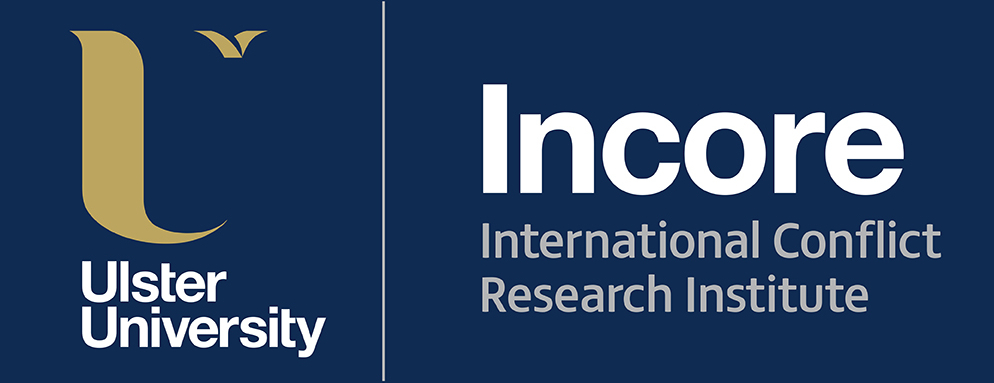Anyone reviewing story-telling outputs related to the Northern Ireland conflict will be aware that different approaches have been adopted when it comes to the issue of whether or not to make public the identity of the interviewee. Sometimes the full identity (forename and surname) is publicly available alongside the published personal account. In some cases the story-teller is recorded as being ‘Anonymous’. Variations of this occur when the person uses a pseudonym (say, ‘James’) or provides only one of their forenames but no surname.
It is possible that an organisation or group carrying out a story-telling project may make a decision at the beginning of the process not to release the names of the interviewees. This might be simply a stylistic decision in relation to the public output from the collection. The decision might however reflect a realisation that in order to persuade interviewees to record their stories it is necessary to adopt blanket anonymity. There are probably occasions when individual story-tellers are content for their name to be released but they are giving their story to a group that has already made a decision on anonymity on behalf of the whole collection.
Some story-telling projects obviously take an approach whereby the decision on anonymity rests with each individual story-teller and they are given a choice of being anonymous, or using a pseudonym, or opting for just a forename, or making their full identity public. Examples of these approaches are to be found in published (historical) story-telling work, and also among projects that have been collecting stories over the past couple of years.
Having opted for some level of anonymity, the question arises as to whether or not it can be guaranteed in practise. For the purpose of this discussion it is being assumed that the records of story-telling projects are securely stored and confidentially maintained, such that identities are not released due to an administrative error, technical glitch or security breach. Still, it is the case that by giving a personal account the story-teller is putting information into the public domain that might actually help to identify them.
There are particular features of story-telling in relation to the Northern Ireland conflict that can make it more difficult to guarantee anonymity on behalf of story-tellers. One aspect is the small size of the region, even when the border counties of the Republic of Ireland are included. Another is the fact that the conflict is one of the most highly researched in the world and consequently there is a huge amount of information available in both paper and digital formats. A further aspect is the extensive informal networks that individuals, families and communities have within the region. All of this mitigates against anonymity but it is particularly difficult to maintain when the story-teller is giving an account of well-known events that impacted directly on them.
Part of the work of documenting story-telling work in the Accounts of the Conflict archive involves the cataloguing of individual stories. During this cataloguing work it has sometimes been possible to identify story-tellers who were recorded as being anonymous. On occasion this has been achieved by personal knowledge of the history of the conflict and sometimes it has involved a very simple search of publicly available information to locate the identity of the story-teller. Presumably both the story-teller and story-telling group were aware of this potential outcome when the story was made public.
Even in those cases where an identity can be easily uncovered, for the purposes of the Accounts of the Conflict, the anonymity of the story-teller will be respected and their name will not be included in the catalogue.
- Problems Maintaining Interviewee Anonymity in a Small Region - 21st October 2014
- Defining a ‘Story’ - 11th August 2014
- Preserving & Accessing Stories - 1st May 2014






